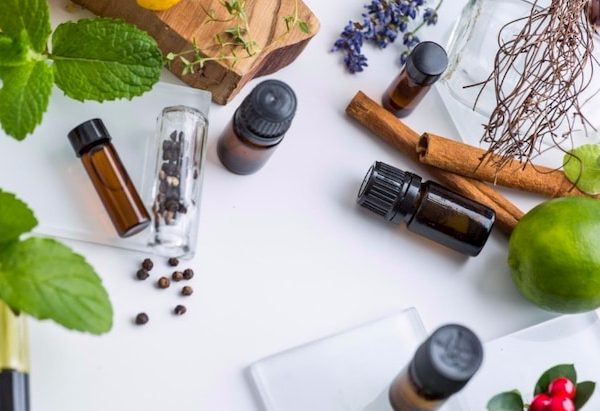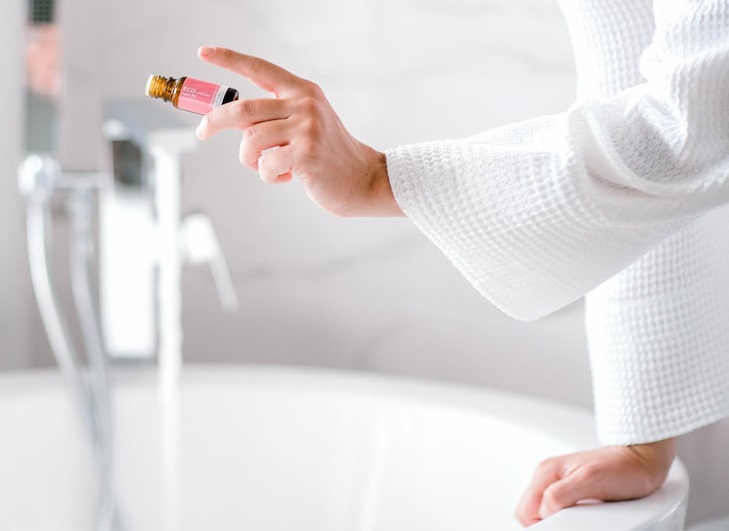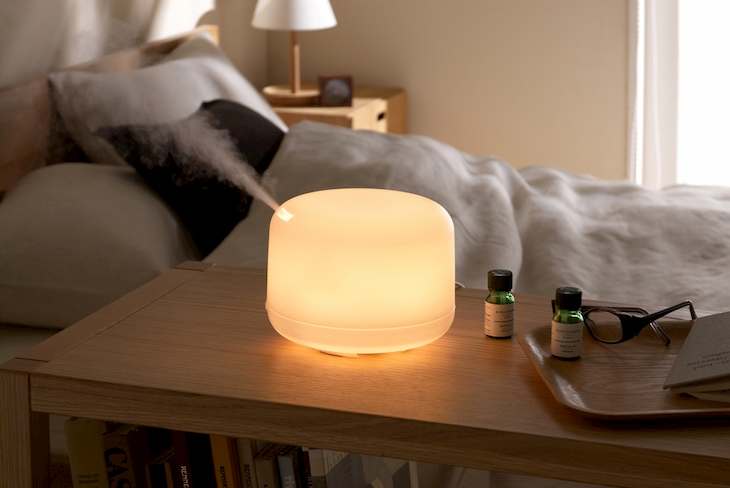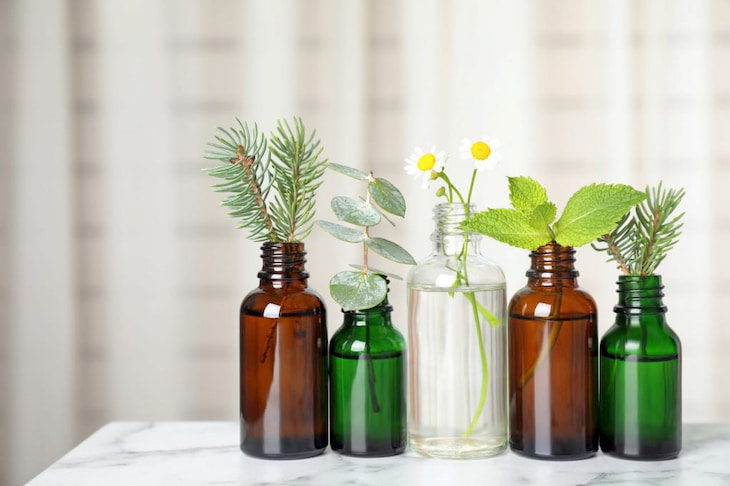06
May

Going natural might sounds like a good plan. Organic eating, all-natural cleaning products, no high fructose corn syrups, sulphate, processed food, plastic, Teflon, etc. The truth is, we want the best for our family. However, embracing that change is not always easy – it is something that you need to work on. You will make mistakes and will have to try one thing at a time to figure out what works for you and how to make it fit for your family. You can start by changing your cleaning products, making your own bug spray, avoiding the dryer sheets, and using essential oils for solving all the little issues that can arise in your home.
When it comes to essential oils, there is a learning curve that sometimes overwhelms people. So, you might want to add oils to your home but you are probably unsure of how and what to do with them. Here is a bit of help on the matter.

Source: Ecomodernessentials.com
These goodies aren’t actually oils. In fact, they are plant compounds extracted from plants’ leaves, flowers, roots, bark or peels. Their use dates back to ancient times when the Egyptians used essential oils as part of their medical practice, as well as for food preparation and beauty treatments. Over the years, the use of essential oils become extremely popular. This was due to tons of evidence proving their efficiency in treating infections, providing relief from sleep problems and pain, and improving anxiety and depression. Nowadays, people love dabbing a bit of lavender on their wrists when they’re feeling stressed, or adding some eucalyptus to their bath to soothe a congested nose and chest.
There are many ways to use essential oils. You can add a few drops to your bath water or body cream, put them in a diffuser, take a whiff, dab a bit behind your ears or your wrists or add a few drops to your water. Make sure to always check the label of the essential oils you are getting to make sure the manner in which you want to use it is safe. Are 100 pure essential oils safe to ingest? Yes, pure oils are, but synthetic oils aren’t. Synthetic oils (often found at drugstores) don’t have the same potency as pure essential oils. Plus, they are not ingestible. So, to be able to add a few drops of certain oil to your water, you will have to make sure it is a pure one.

Source: Momcurls.com
One of the easiest and simplest way to find out if an essential oil is pure is to conduct a ring test on a white strip of paper. On a scent strip (the ones that shops selling essential oils carry for their customers to use when sniffing an oil) drip one drop of essential oil and leave it to dry. If you can spot a ring of residue on the paper after the essential oil has dried, that’s a sign that the oil has been diluted with a carrier oil. Due to its volatile nature, clean essential oils don’t leave any residue when they dry.
Another trick is testing the greasiness of the essential oil. To do that, rub the oil between your fingers. If you feel that it’s greasy, chances are that a carrier oil has been added into the mix. Carrier oils tend to give essential oils a silky, oily texture. Natural essential oils absorb into the skin and do not leave a greasy feeling.

Source: Azzessentialoils.org</a
Lavender is a popular scent for perfumes, fresheners, soaps and beauty products. This floral clean-smelling scent is known to promote relaxation and can aid in a restful nights sleep. Lavender essential oil is good to use for congestion or allergy season as it helps with sinus drainage.
The frankincense is a versatile oil that can be used for a variety of things – from enhancing meditative practices to using it in beauty routines. It has an earthy, uplifting aroma that is perfect for spiritual connectedness. People tend to diffuse this empowering aroma when seeking purpose or engaging in prayer or meditation. It can also do wonders for the skin as it helps maintain its radiance and youthfulness.
This is a very recognizable scent. Nostalgic and fresh, diffusing this aroma helps create a stimulating, focused atmosphere for performing daily tasks. It can also be used topically to create a fresh sensation on the skin. Peppermint essential oil can also help relieve headaches, curb appetite, settle an upset tummy, and it is great for an afternoon pick me up.
The lemon essential oil has a bright and joyful aroma that makes it perfect for enhancing any environment. But this oil can also benefit the skin and hair. It can be used in a variety of ways. For example, you can add a drop of it to your water, mix it with your cleaning products, use it during your nighttime skincare routine, or add a drop to your conditioner for a great scent. Just keep in mind that citrus oil can cause photosensitivity, so avoid applying lemon to exposed skin before spending some time outside.